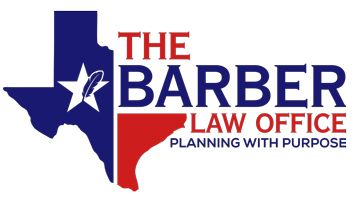Why Every Texan Needs an Estate Plan – Not Just the Wealthy
When people think of estate planning, they often assume it’s only for the wealthy or elderly. But in reality, every adult in Texas should have a basic estate plan, regardless of income level or age.

🏡 What Happens If You Don’t Have a Will in Texas?
If you pass away without a will (known as dying intestate), the Texas Estates Code determines how your property is divided—and it might not match your wishes. For example:
- Your spouse may not inherit everything, depending on whether you have children from another relationship.
- Minor children could end up with assets in a court-controlled account until age 18.
- Family disputes can easily arise, especially when sentimental items are involved.
🧾 Essential Estate Planning Documents for Texans
A complete estate plan typically includes:
- Last Will and Testament – Specifies how your property is distributed and who serves as executor.
- Medical Power of Attorney – Appoints someone to make healthcare decisions if you’re incapacitated.
- Durable Power of Attorney – Allows someone to handle your finances and legal matters.
- HIPAA Release – Lets your loved ones access medical records.
- Directive to Physicians (Living Will) – States your end-of-life care preferences.
Even if you don’t own a large estate, these documents provide peace of mind and prevent court delays or confusion for your family.
✅ Bottom Line:
Estate planning is not about how much you have—it’s about protecting your family, your wishes, and your peace of mind.
📞 Ready to get started? Call The Barber Law Office at (281) 464‑5297
